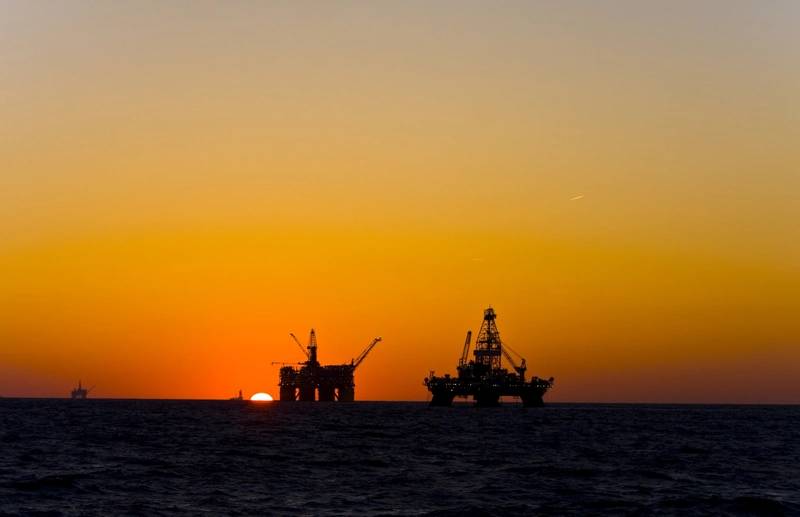
Even as the U.S. economy makes the switch over coming decades to renewable energy like wind and solar, the nation needs to ensure its fossil fuel industry stays healthy, a top U.S. central banker said on Friday.
"The challenge for the country will be to transition, but it's going to also be critical for the country that you have a healthy oil and gas business," Dallas Federal Reserve President Robert Kaplan told the North Dallas Chamber of Commerce Energy Forum.
Even under the most aggressive forecasts for growth in renewable energy, he said, the world will still need energy from oil and gas for decades to come.
"I am convinced there will be substantial jobs and plenty of GDP growth in the renewable business," Kaplan said. "You are going to see substantial investment because the alternative side doesn't have any trouble attracting capital.... The worry will be, as we transition, will the traditional business be able to get enough capital and retain enough capital to drill enough to meet demand."
And if it doesn't, he suggests, that could lead to hardship for the most vulnerable.
"If you get outages or spikes or we have shortages, that's going to be very challenging to manage, not just for businesses, but I'm also thinking of consumers, individuals, and it will hurt the people who are most at risk," he said.
The oil industry contributes about 8% of economic output in the state of Texas, Kaplan noted.
The Fed in the last year or two has paid increasing attention to the implications of climate change, and to the nation's transition to green energy, for economic growth and stability of the nation's financial system. It has also increasingly made more of the drag that racial, income and wealth inequality has on overall economic growth, as a growing body of research suggests.
Both of those efforts may gain more steam with the election of President Joe Biden, who has pledged to make tackling global warming a pillar of his administration, as well as addressing racial inequity.
Kaplan has frequently addressed the challenges of the energy transition in his public remarks, but his comments Friday were some of his most pointed on the need to keep capital flowing to the fossil fuel industry even as the nation makes a green transition.
"I'm confident this can be managed but it will be a complicated process and it's going to go over decades, not over years," Kaplan said.
Separately, he said he expects the U.S. economy to reach a "tipping point" later this year as vaccines roll out and people resume more economic activity. He forecast the economy to grow 5% or more this year, after shrinking last year during the worst of the coronavirus pandemic and the recession.
And, he said, he expects "enthusiastic debates" within the U.S. central bank about when to begin to reduce the Fed's current super-easy monetary policy, but said he would not venture to guess the exact timing.
"Until it's clear that we've weathered this pandemic, the Fed needs to be aggressive in using its tools," he said. "After it's clear that we've weathered this pandemic... I do think it would be healthy to be weaning off some of these extraordinary measures."
(Reporting by Ann Saphir, Editing by Franklin Paul and Andrea Ricci)





No comments:
Post a Comment